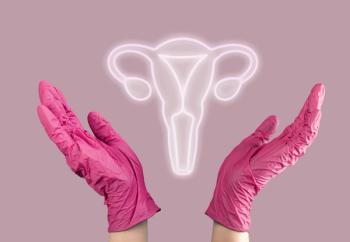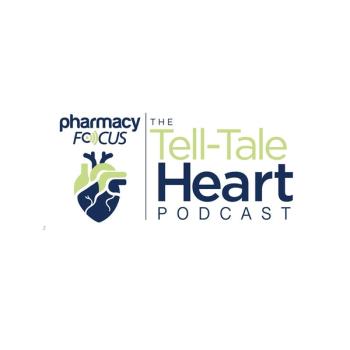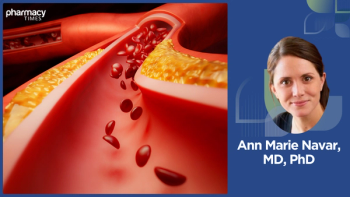
Potential Use for N-acetylcysteine in Bipolar Disorder
Favorable evidence supports the drug's utility in certain psychiatric and neurological disorders.
N-acetylcysteine (NAC) was originally approved by the FDA in 1963 as a mucolytic.
Over the years, its indications have expanded to include a life-saving use in lessening hepatic injury after acetaminophen overdose. The drug’s most common off-label uses also include complex regional pain syndrome, blepharitis, and keratoconjunctivitis.
Recently, psychiatrists and neurologists have taken an interest in NAC because it appears to affect oxidative stress, apoptosis, mitochondrial dysfunction, neuroinflammation, and glutamate and dopamine dysregulation. The compound’s effects seem to attenuate psychiatric and neurologic pathological processes.
A systematic review published online in Neuroscience and Biobehavioral Reviews described favorable evidence supporting NAC’s utility in certain psychiatric and neurological disorders.
Assembled by investigators from Arkansas Children’s Hospital and the University of Arkansas for Medical Sciences, the review covered autism, Alzheimer's disease, cocaine and cannabis addiction, bipolar disorder, depression, trichotillomania, nail biting, skin picking, obsessive-compulsive disorder, schizophrenia, drug-induced neuropathy and progressive myoclonic epilepsy.
Among the specific conclusions on NAC use in bipolar disorder were:
- Several controlled and uncontrolled studies examined NAC use for symptom treatment and prevention during bipolar’s maintenance phase.
- Findings and recommendations have been mixed, but often positive. Some studies finding patient’s depressive symptoms improved but frequency of mania unchanged. Published case studies have been 100% favorable.
- NAC may offer a special advantage to bipolar patients with medical comorbidities over those without medical comorbidities.
- A large study showed robust improvement in depression, functioning, and quality of life when NAC was prescribed as add-on to usual treatment.
The investigators indicated NAC seems to be promising for mood disorders overall, and it also appears to be safe and well tolerated. Further well-designed, large, controlled trials are needed to determine the best method to use NAC, as well as the bipolar patients who are most likely to respond to it.
Newsletter
Stay informed on drug updates, treatment guidelines, and pharmacy practice trends—subscribe to Pharmacy Times for weekly clinical insights.

































